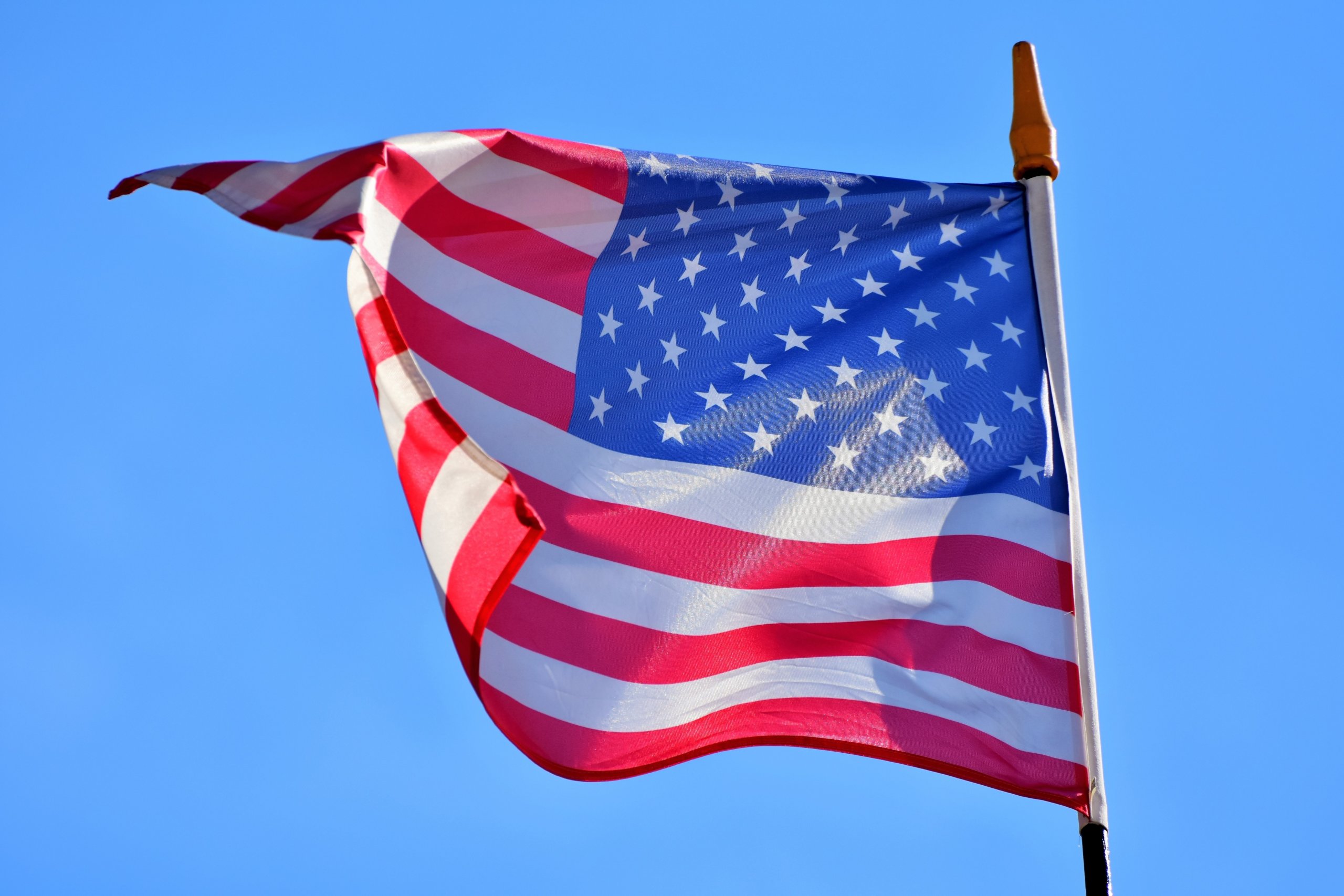
AI is changing industries all over the world. Want to know what it can do for your business? Read our Free Machine Learning Whitepaper right now!
The potential of artificial intelligence (AI) is too big for governments to ignore. The U.S. Department of Commerce is considering imposing national security restrictions on the technology.
But what may be an attempt to protect American innovation could end up being beneficial for competitors.
Protecting or Stifling American Innovation?
Since its inception, San Francisco developers and techies have dominated the Internet. And if you ask industry insiders, many of them would say that it’s due to the fact that the Internet was invented and built by Americans. The advent and acceleration of AI development have caused many people to view it as a technology that will become as vital to humanity as the World Wide Web. It’s also raised the question of who will lead this next wave of innovation.
Last November, the U.S. Commerce Department issued a list of technologies being considered for new export rules due to their integral role in national security. AI was, of course, among the entries. The possibility of restricting U.S. AI exports now has many industry players worried that this will impede America in the race to become a world leader in the technology. And it could also conceivably lead to competing countries like China flourishing in their own AI endeavors.
Jack Clark is the head of policy at OpenAI, a non-profit artificial intelligence research organization. He thinks these regulations could be difficult to implement: “The number of cases where exports can be sufficiently controlled are very, very, very small, and the chance of making an error is quite large. If this goes wrong, it could do real damage to the A.I. community.”
The Export Controls Act of 2018
These export regulations are being considered during a troubling time; currently, China and the United States are locked in a trade war. China’s negotiation tactics with American companies have been a point of contingency with the Trump administration.

The country often requires these organizations to transfer their technology to Chinese partners in order to do business there. Through this and other avenues such as industrial espionage, federal officials believe China has actually stolen American innovation. Last August, Congress took measures to thwart this theft by passing the Export Controls Act of 2018. Essentially, this added export restrictions for “emerging and foundational technologies.”
As mentioned before, the Commerce Department, which is responsible for monitoring and maintaining these regulations, released a follow-up list in mid-November of technologies being considered. Multiple AI categories such as natural language processing, computer vision, and speech recognition were included.

While the list did not specify, these proposed restrictions would only affect certain countries. The Commerce Department did, however, allude to countries which have previously faced trade embargoes, like Russia, Iran, and China. The proposal is open for public comment until January 10. After this day, the department will work on drafting a formal version, which could result in a variety of measures, from licensing rules to outright bans.
Who Will Build the Foundation of the Future?
Many policymakers, tech companies, and AI researchers have already appealed to the Commerce Department to take a light-handed approach to AI regulations.
Their arguments boil down to three main points: Technological innovation could be impeded in general as a result of strict controls. Regulations could not only do damage to U.S. companies but actually help international competition. And last but not least, these restrictions may not make much of a difference in the grand scheme of things.
AI’s effects on the global economy and humanity will undoubtedly be profound. And whoever leads this charge will also be guaranteed a spot as a world leader. But U.S. dominance in this technology is definitely no guarantee.
China has made its plans to be the premier leader in AI well known. And it’s investing billions in commercial and military applications for AI to make it happen. But it’s far from the only competition the U.S. faces.
Collaboration or Competition?
AI research hubs are opening up all over the world. Currently, there are major centers already in Beijing, Toronto, and Cambridge, among other places. To complicate matters for U.S. policymakers, AI researchers from different countries don’t exactly see each other as competition, but more as partners in collaboration.
Developments in the field are often completed and contributed by engineers and scientists around the world. And most companies working on AI prescribe to the open-source philosophy; they share what they learn and benefit from others building off their findings.
And more often than not, what one company considers a personal “breakthrough” is usually only made possible due to research occurring at other companies or in academia. This makes drawing the line on what’s American and what’s not incredibly difficult.
Where to Draw the Line?
R. David Edelman is a technology policy researcher at MIT and former special assistant for economic and technology policy under former president Barack Obama.
“The core of these technologies is international and freely available,” he says. “No country — the U.S. or China — has a monopoly on that.”
Currently, federal restrictions excuse publicly available information from export control. This makes it highly unlikely that the U.S. government would stop academic or corporate researchers from publishing their AI findings on sites like Arxiv.org, which act as repositories for the code behind the technology. Instead, it’s more likely that U.S. policymakers would move to restrict foreign access to this information.
As if things weren’t convoluted enough, AI is considered a dual-use technology due to its utilization in both commercial and military settings. It can be used to drive your car for you or to help a weaponized drone find its targets. And the boundaries between the two quickly get blurred when examining the “nuts ‘n’ bolts” behind such seemingly different applications.
“Trying to draw a line between what is military and what is commercial is exceedingly difficult,” says Edelman. “It may be impossible.”
How do you think the U.S. should approach AI with regard to international matters? Is closing off American innovation to foreign competitors the right move? Or will it eventually backfire? Let us know your thoughts in the comments below!





